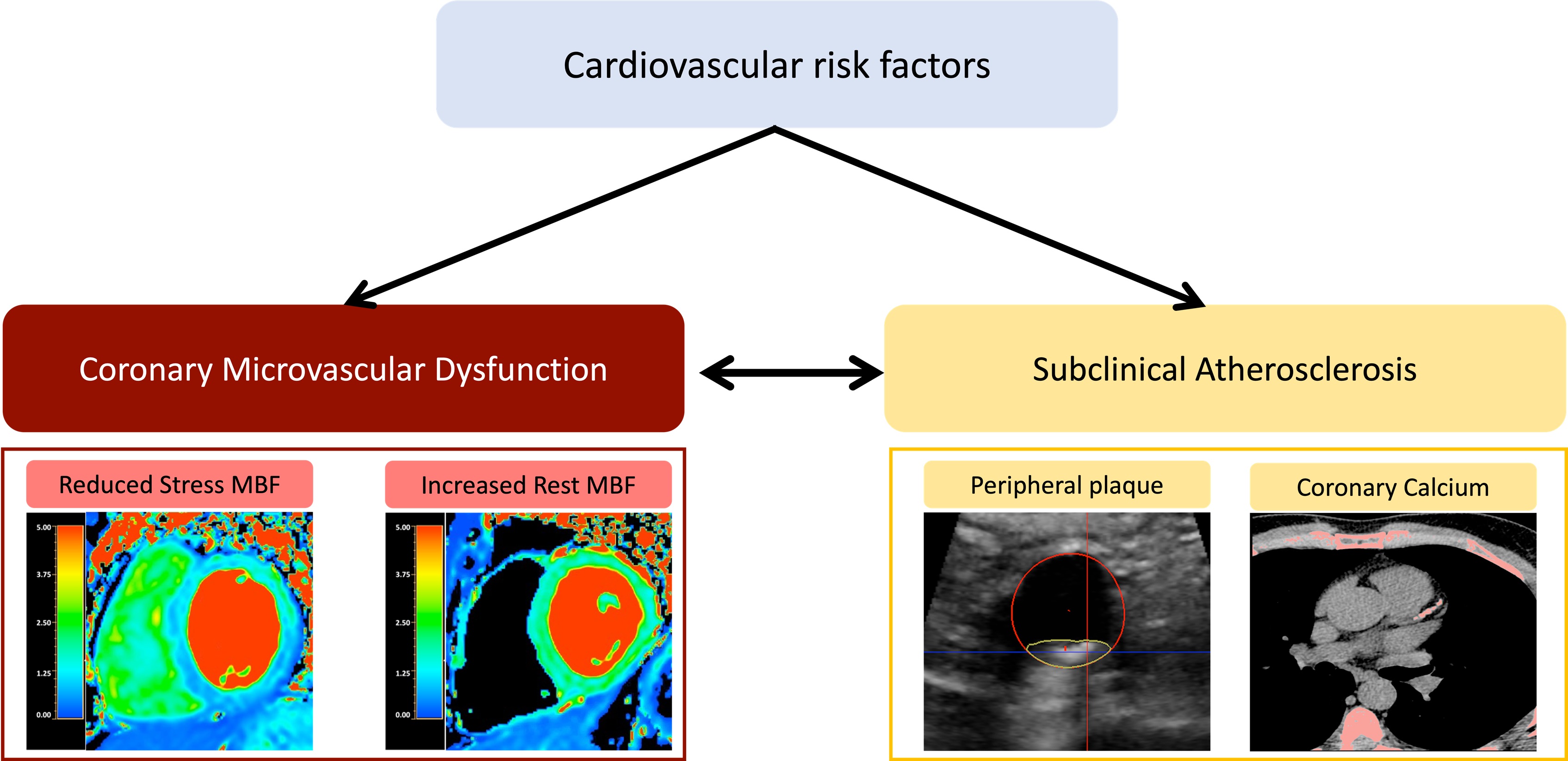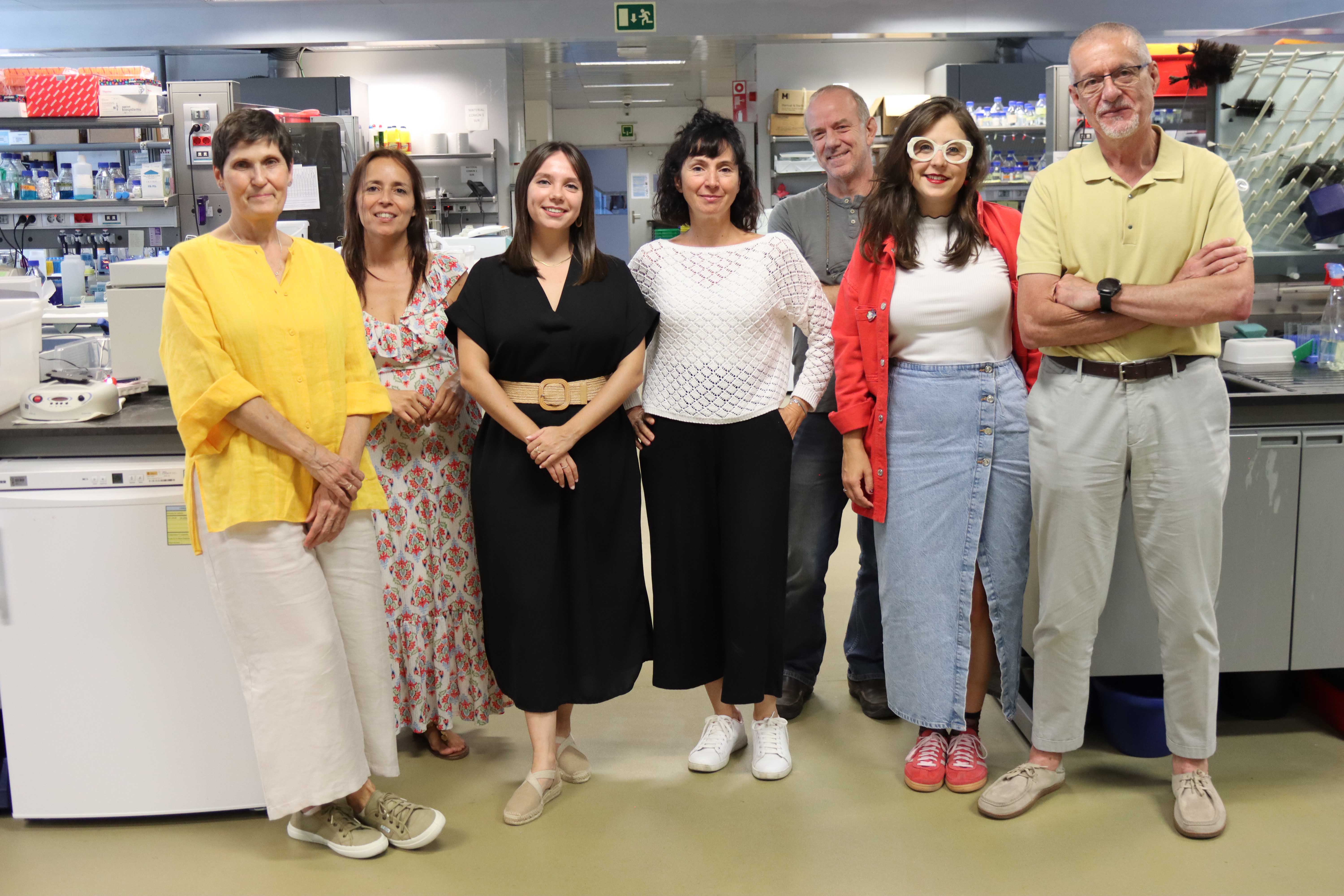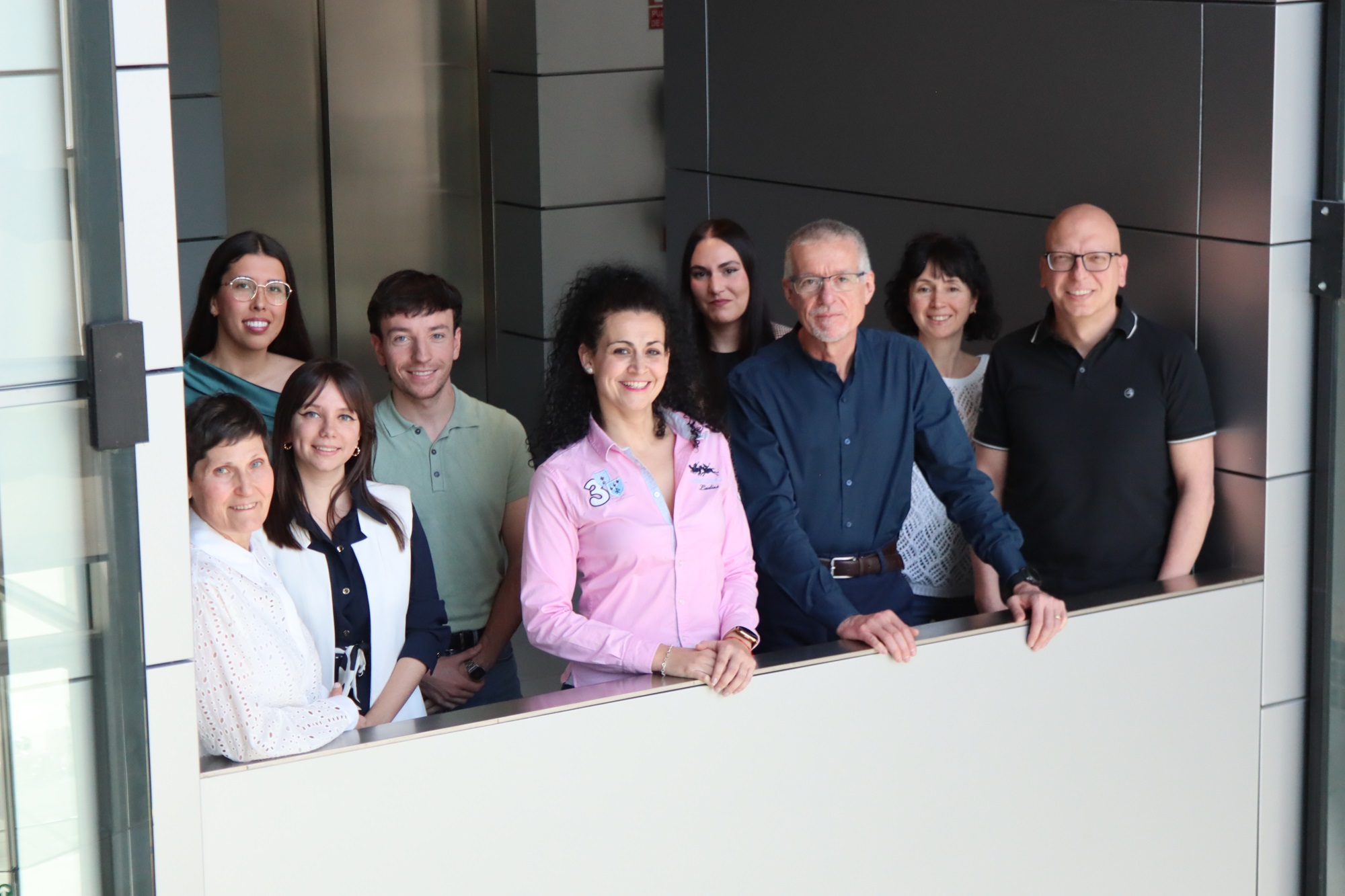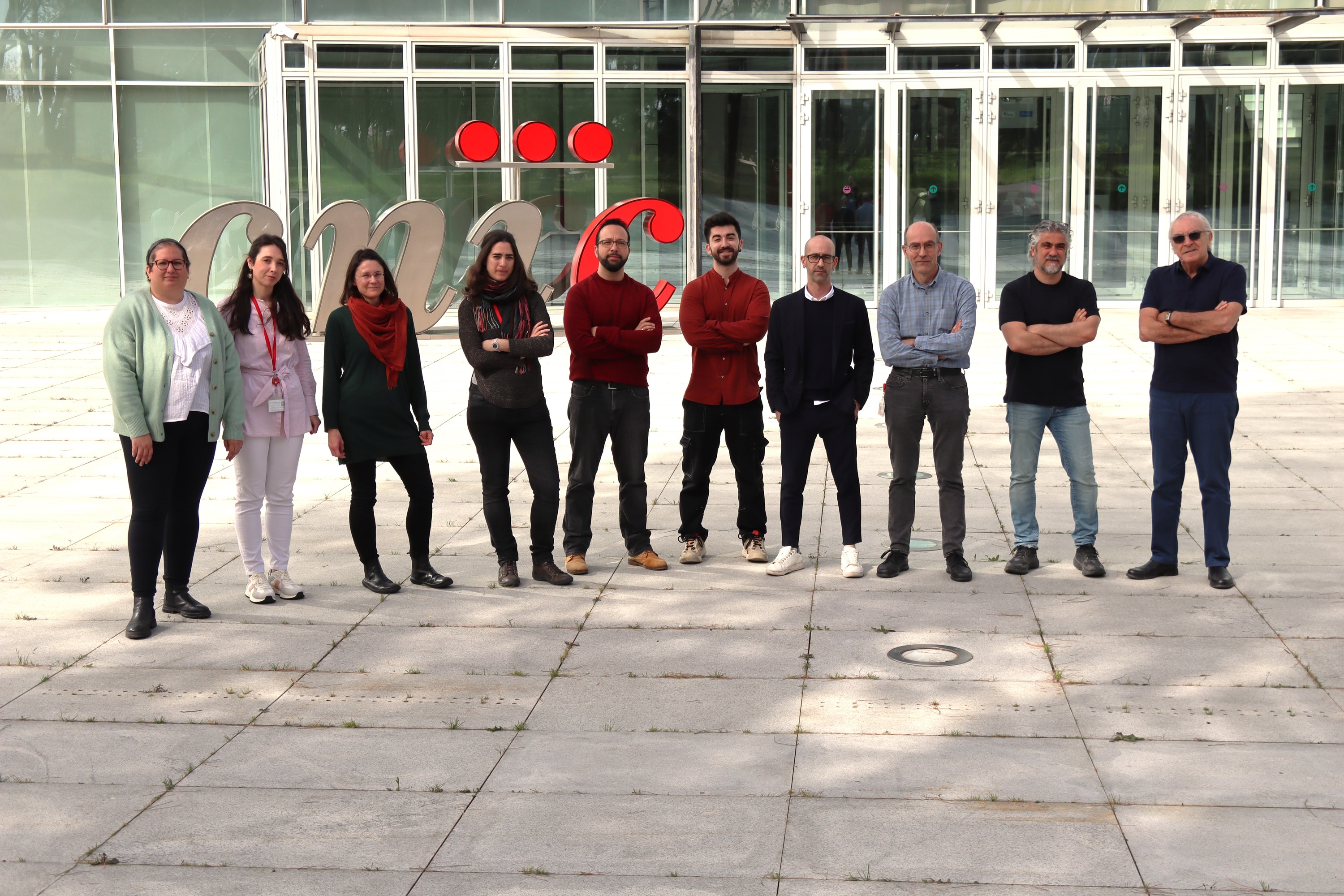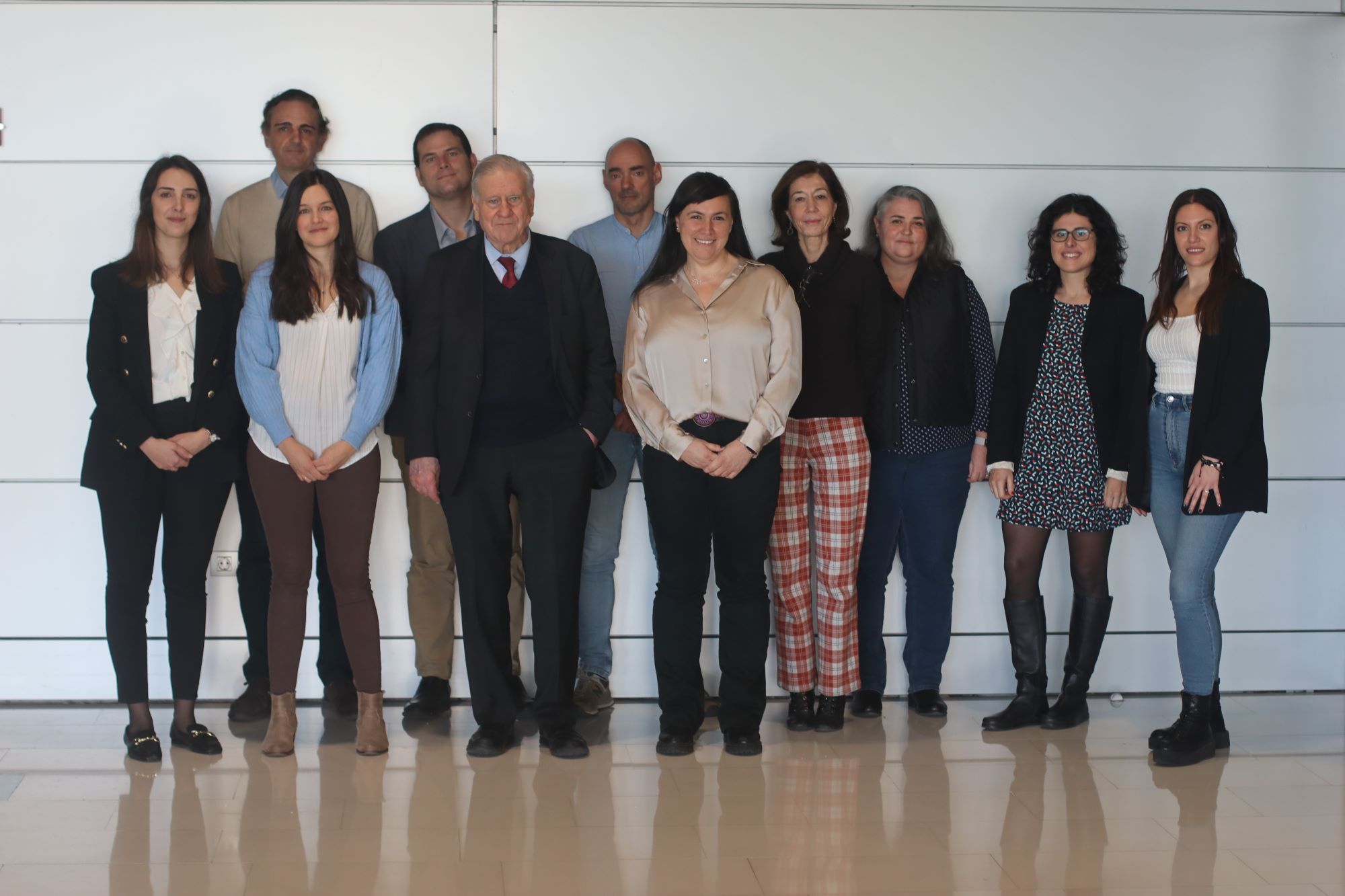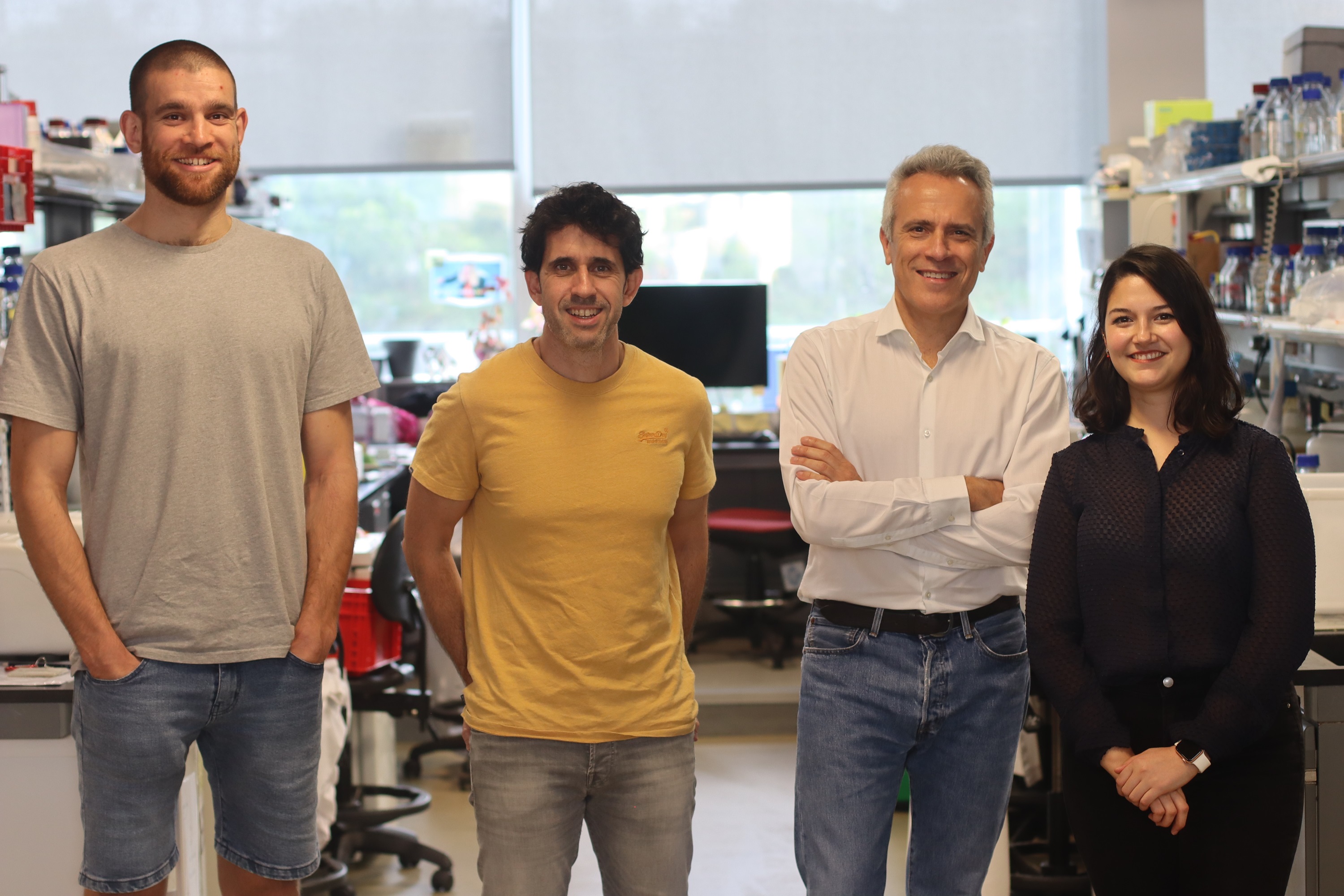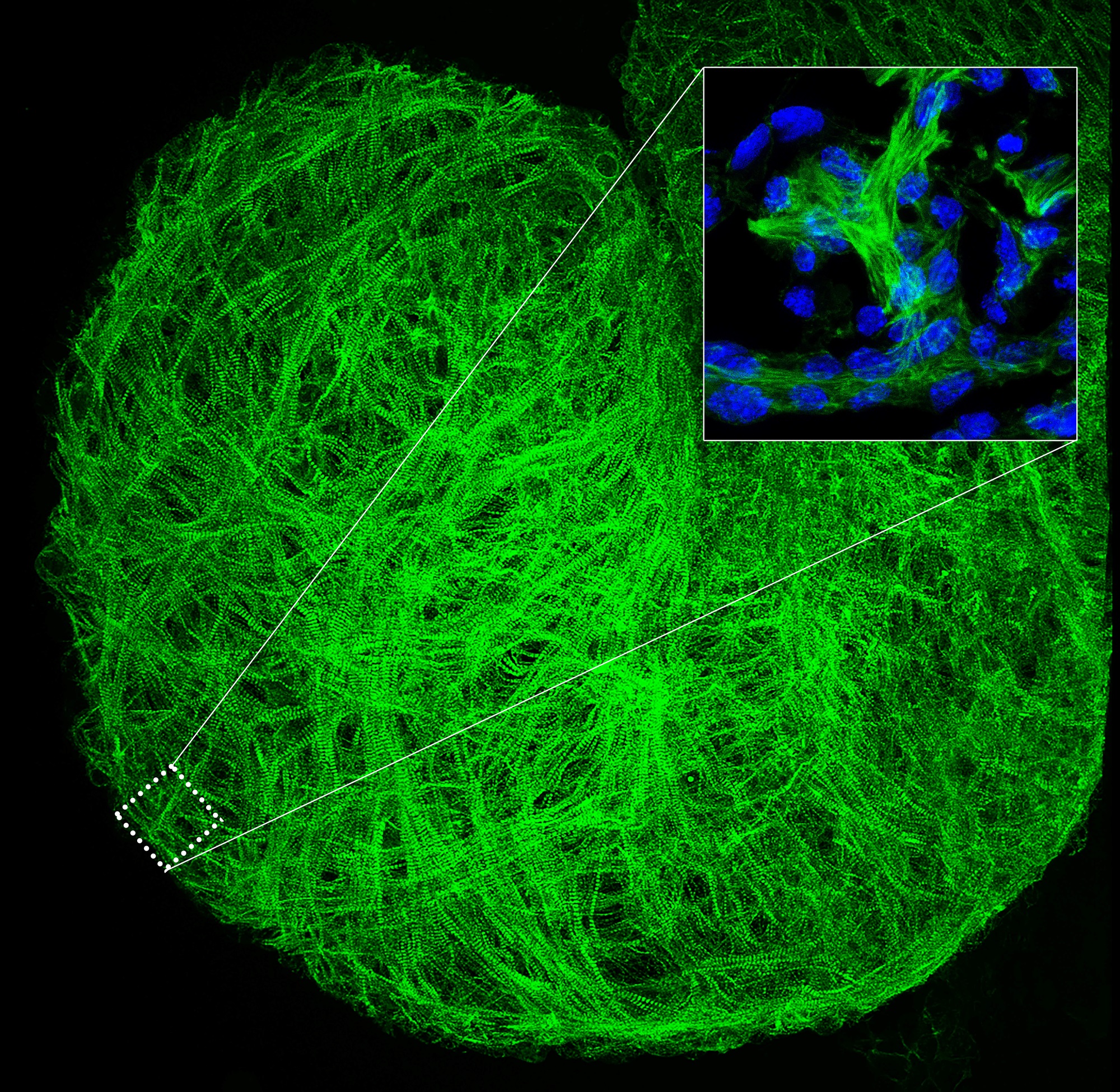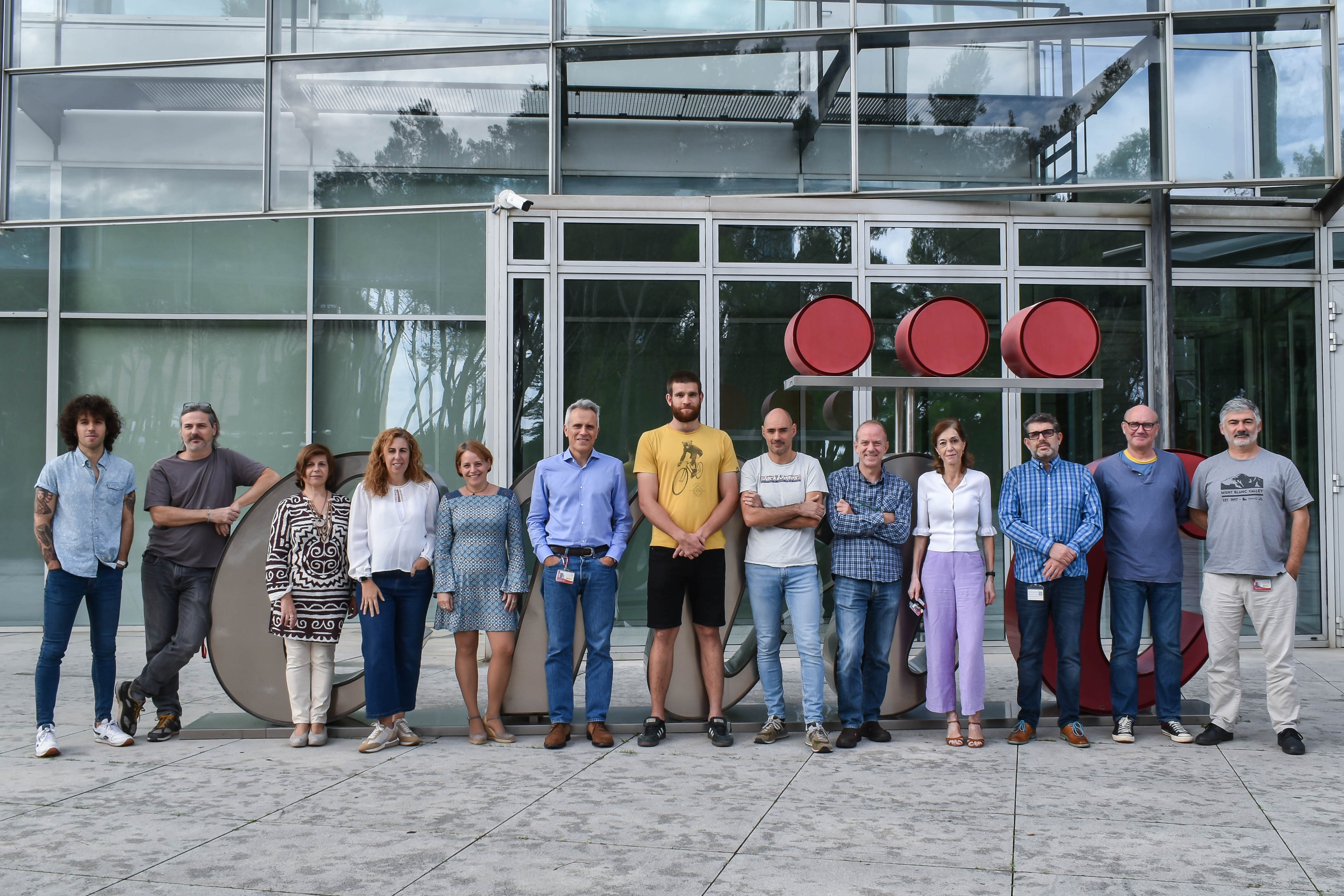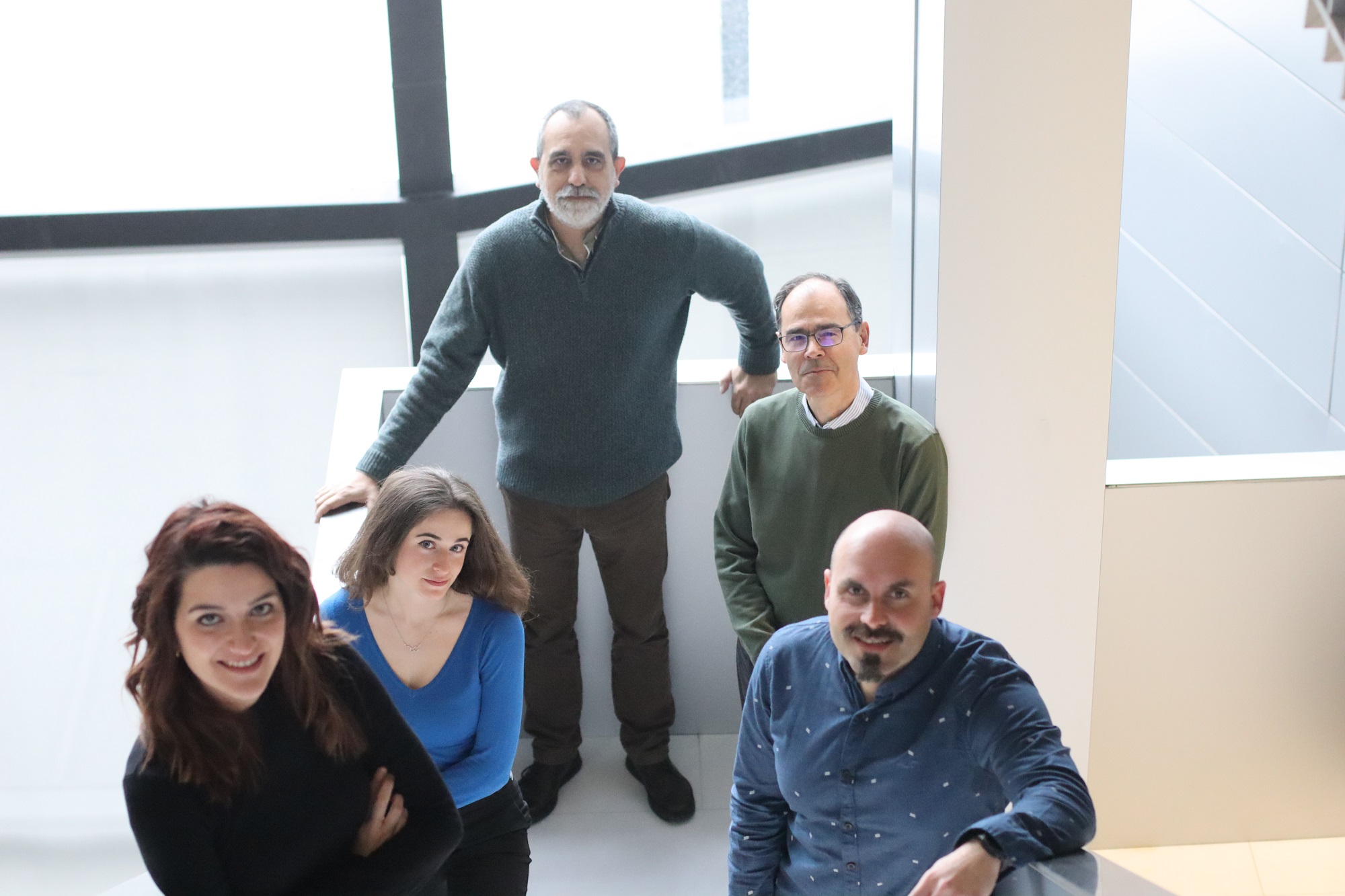News search
|
Research 19 Sep 2024 A study from CNIC reveals how risk factors and subclinical atherosclerosis affect heart microcirculation in asymptomatic middle-aged individuals. The research, published in JACC: Cardiovascular Imaging, highlights the importance of assessing the heart vessels' ability to regulate blood flow and predict future cardiovascular risk |
|
Research 9 Sep 2024 The new study, published in the journal Circulation, opens a new avenue of research into treatments for the atherosclerosis associated with progeria |
|
Research 19 Apr 2024 The elimination of progerin from vascular smooth muscle cells, but not from endothelial cells, prevents the atherosclerosis associated with Hutchinson-Gilford progeria syndrome (HGPS) |
|
Research 11 Apr 2024 CNIC researchers, led by Dr. José Jalife, have made a key discovery about cardiac arrhythmias in Andersen-Tawil syndrome (ATS) |
|
Research 23 Jan 2024 The most potent genetic risk factor for Alzheimer disease, APOE4, is associated with an elevated risk of developing subclinical atherosclerosis in middle age, whereas the Alzheimer-protective variant of the same gene, APOE2, protects against subclinical atherosclerosis |
|
Research 11 Dec 2023 The findings, published in the journal Circulation Research, not only highlight the gene regulatory mechanisms that control valve formation, but also offer clues for future medical advances |
|
Research 10 Nov 2023 Neuregulin-1 (Nrg1) plays an essential role in the transformation of the heart from its delicate primordial structure into the powerful beating mature organ |
|
Research 7 Nov 2022 A CNIC study reveals that mutations previously identified in the gene MINDBOMB1 (MIB1) as causing non-compaction cardiomyopathy either provoke this disease or valve defects, depending on their combination with mutations in modifier genes |
|
Research 17 Mar 2022 The mixing of mitochondrial DNAs (mtDNAs) of two distinct origins can have damaging medium- and long-term effects, according to the results of a new study published in Circulation |
|
Research 26 Oct 2021 Scientists from the CNIC and the CIBERCV have generated the first experimental animal model that develops Hutchinson-Gilford Progeria Syndrome and allows its controlled reversal |
- 1 of 3
- next ›
